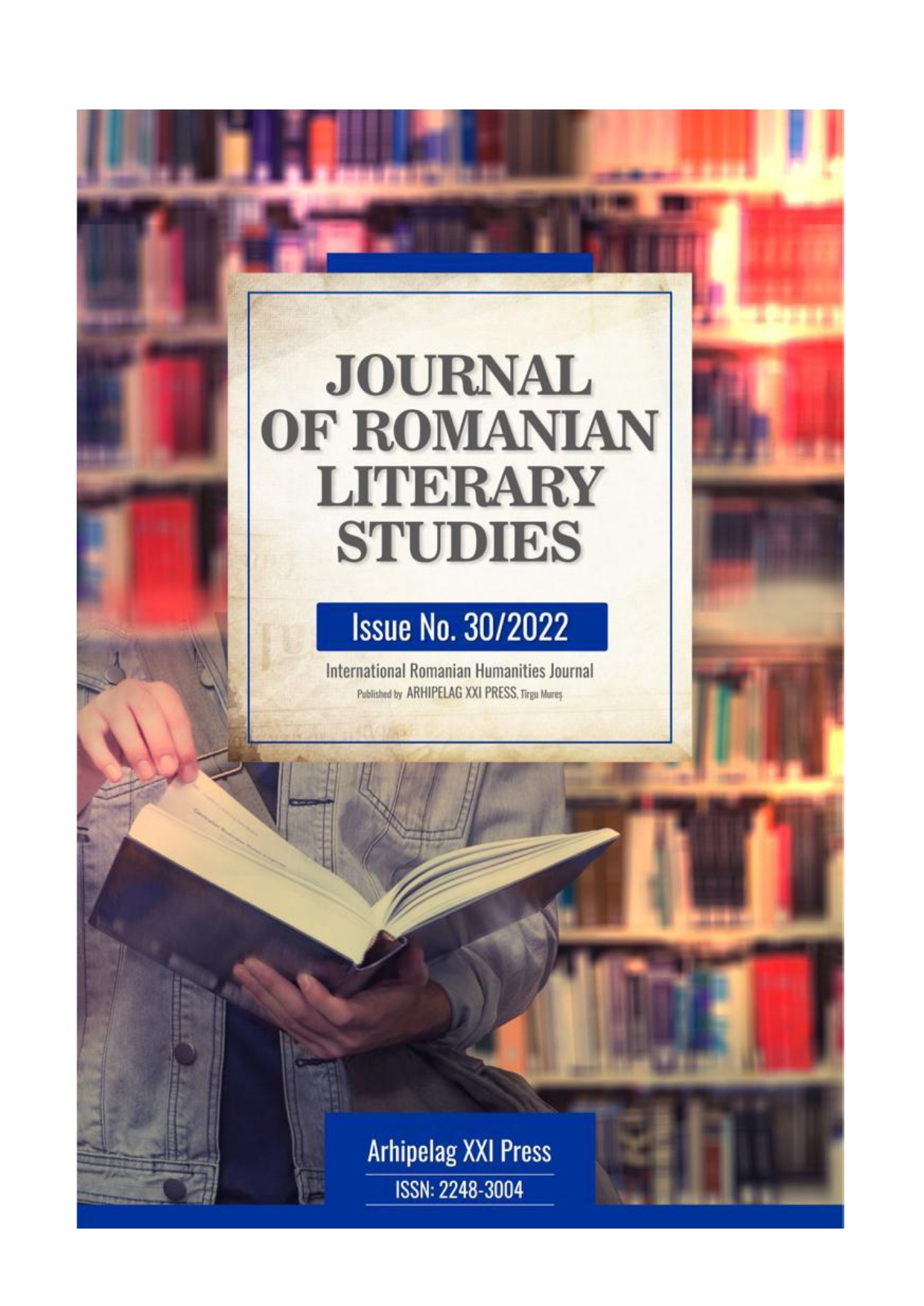CONNOTATIONS OF ALIENATION IN FOLKLORIC MENTALITY
CONNOTATIONS OF ALIENATION IN FOLKLORIC MENTALITY
Author(s): Mariana CocieruSubject(s): Cultural history, Customs / Folklore, Ethnohistory, History of ideas, Local History / Microhistory, Oral history, Cultural Anthropology / Ethnology, Culture and social structure
Published by: Editura Arhipelag XXI
Keywords: alienated; uprooted; traditional mentality; folklore; „home”; „foreign”;
Summary/Abstract: In the present approach, the author refers to the existence of the human being marked by permanent necessary transcendences, imposed or voluntary, which highlight a series of constants defining the condition of exile or emigrant of the traditional man. Whether it is through alienation, soldiering, marriage, death, transhumance, outlawry, etc., alienation or uprooting oscillates emotionally between two social environments: one, which reflects the notion of „home”, specific to a traditional folk habitat, and another – that of „black foreignness”, which includes a series of negative connotations generated by the transformations to which the emigrant subjected. Leaving parents' home or one's own home sometimes impels a perception of a habitat that is disintegrating due to forced emigration. „Home” is no longer the primary model of organizing the world, but a decomposed, ruined space. Analyzing several examples generated by the immaterial folk creation, we will notice that the „foreignness” gradually becomes autochthonous, obtaining a regional character, being associated with the neighborhood, the estate, or the neighboring village. During the research, we will notice that the reasons for alienation, uprooting, and loneliness reflected in popular creation are conclusive arguments that demonstrate realities of the past. Constantly conveyed, they allow the reconstruction of historical, social, psychological, cognitive aspects of a traditional mentality. Relevant in this sense are the folk songs through which the folklore performer expresses his emotional and emotional states related to this condition of alienation, separation from loved ones, and being in strangers. An analytical examination allows us to distinguish a complex repertoire of specific symbolic images, which emanates a different semantic load, depending on the folkloric context.
Journal: Journal of Romanian Literary Studies
- Issue Year: 2022
- Issue No: 30
- Page Range: 86-100
- Page Count: 15
- Language: Romanian

